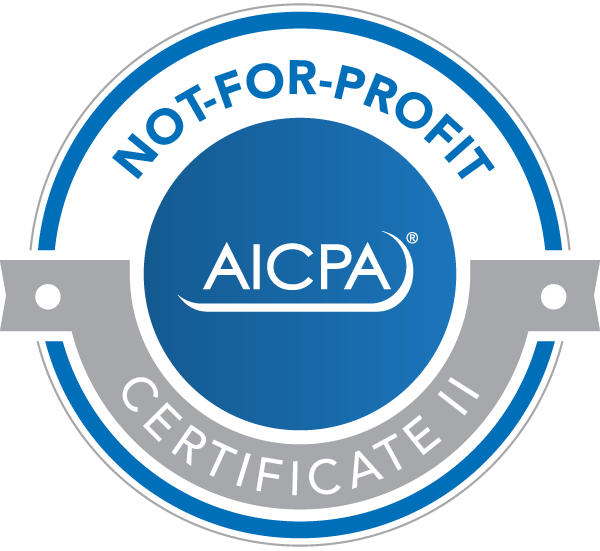“Thousands of people have lost millions of dollars and their personal information to tax scams,” according to the IRS. Criminals can contact victims through regular mail, telephone calls and email messages. Here are just two of the scams the tax agency has seen in recent months.

- Fake property liens. A tax bill is sent from a fictional government agency in the mail. The fake agency may have a legitimate sounding name such as the Bureau of Tax Enforcement. The bill is accompanied by a letter threatening an IRS lien or levy based on bogus overdue taxes. (A levy is a legal seizure of property to satisfy a tax debt. A lien is a legal claim against your property to secure payment of your tax debt.)
- Phony calls from the IRS. In this scam, criminals impersonating IRS employees call people and tell them that, if they don’t pay back taxes they owe, they will face arrest. The thieves then demand that the taxpayers pay their tax debts with a gift card, other prepaid cards or a wire transfer.
Important reminders
If you receive a text, letter, email or phone call purporting to be from the IRS, keep in mind that the IRS never calls taxpayers demanding immediate payment using a specific method of payment (such as a wire transfer or prepaid debit card). In general, the IRS sends bills or notices to taxpayers and gives them time to respond with questions or appeals. The tax agency also doesn’t threaten taxpayers with arrest.
In addition, the IRS doesn’t initiate contact by email, text message or social media channels to request information. Most contacts are initiated though regular mail delivered by the U.S. Postal Service. The IRS does use authorized private collection agencies to collect some overdue tax bills but these agencies also follow the same rules.
In some special circumstances, the IRS does call taxpayers or come to their homes or businesses. For example, the IRS may tour a business as part of an audit or during a criminal investigation. But even in those cases, taxpayers will generally receive several mailed IRS notices before the visit. And the IRS never demands that payment be made to any source other than the “United States Treasury.”
What to do if you’re contacted
You can contact us if the IRS gets in touch with you. If the contact involves a phone call, hang up immediately. You can forward an email or other tax-related scam to the IRS at phishing@irs.gov. To report an IRS impersonation scam, visit the Treasury Inspector General for Tax Administration at https://bit.ly/1ClYZbP. Be aware that criminals keep evolving their scams in an effort to steal people’s money and personal information. Remain on alert.
- Evaluate whether a Health Savings Account is beneficial to you - September 19, 2023
- Investment swings: What’s the tax impact? - September 12, 2023
- Plan now for year-end gifts with the gift tax annual exclusion - September 5, 2023
- Selling your home for a big profit? Here are the tax rules - August 29, 2023
- The tax consequences of employer-provided life insurance - August 22, 2023









